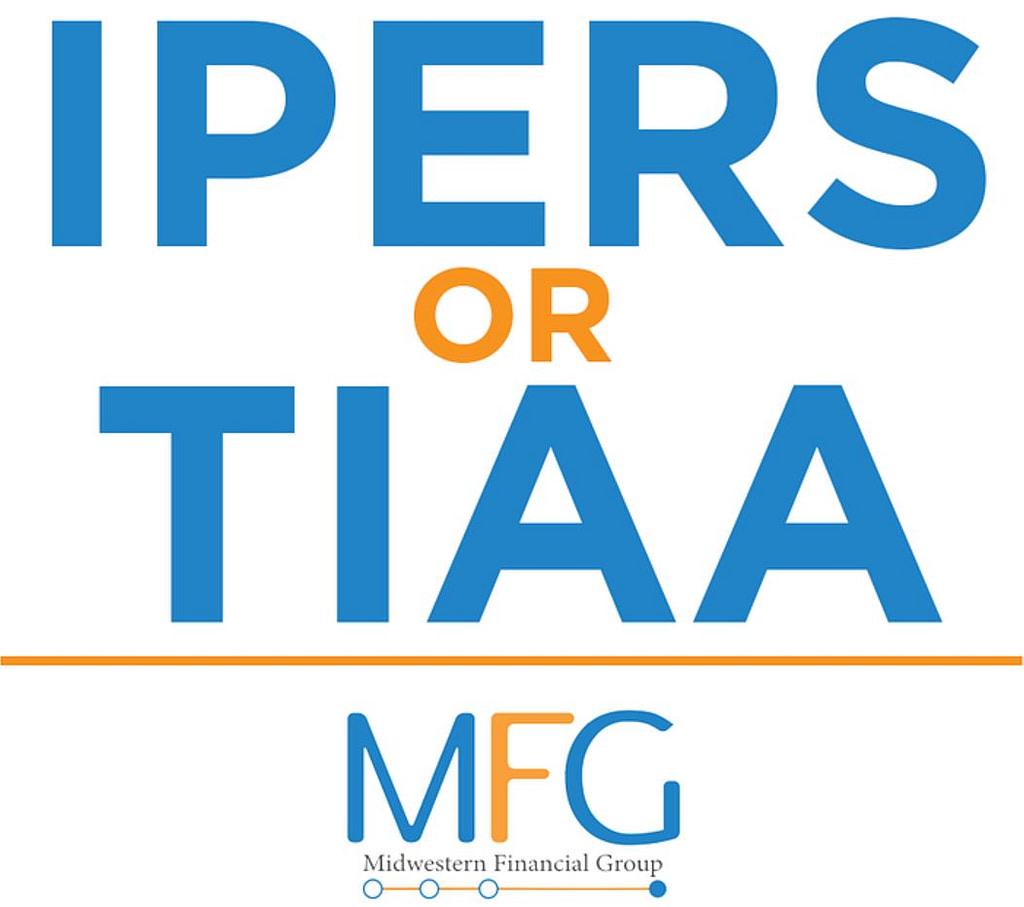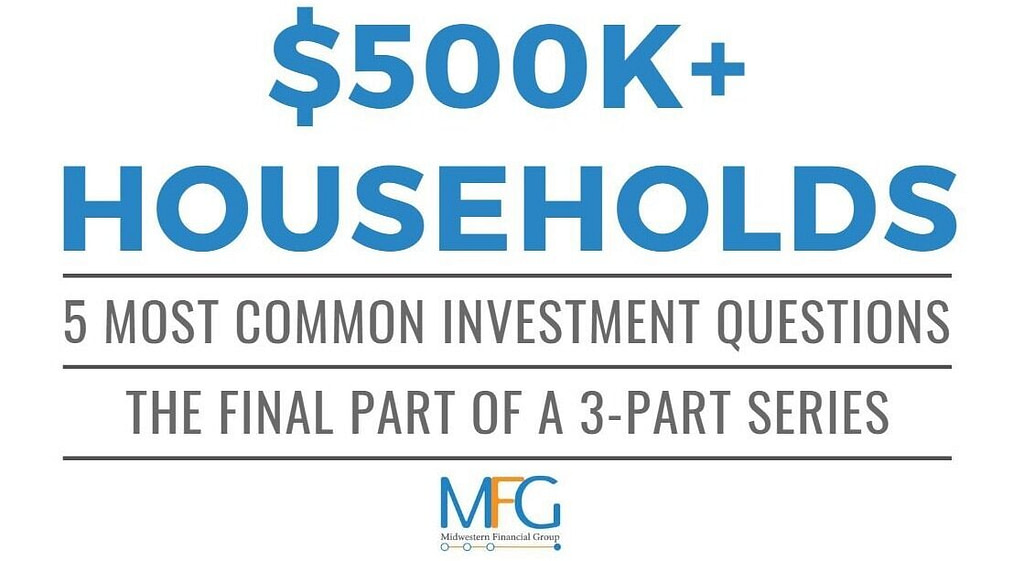
This headline caught my attention a few weeks ago. At first, I dismissed it, then completely ignored it. Dang paywall. For the next few days, I kept wondering, “How can Uber, a ride-hailing company, build the next Amazon?”
After some brainstorming, I thought of Meituan.
“Meituan is a Chinese shopping platform for locally found consumer products and retail services including entertainment, dining, delivery, travel and other services.”
With a market capitalization of over $340 billion, Meituan is one of China’s most valuable companies and in the top 25 in the world. For MFG clients it’s important because it is the fourth-largest holding in Vanguard’s FTSE Emerging Markets ETF, VWO, a popular holding among our clients.
Why does Meituan come to mind when considering Uber’s possible future as an Amazon competitor? Delivery and the future of community group-purchasing.
Last quarter, Uber’s delivery gross booking revenue grew to $10.05 billion, a 130% increase from last year. Uber’s software and driver network might be best poised to copy Meituan’s group-purchase business model.
How does community group-purchasing work?
Imagine a large apartment complex. A community leader (who receives a commission for their role) posts available consumer goods in a group chat, WeChat in China, but possibly directly in Uber’s app. The products could range from shampoo and toilet paper to computers. The community leader directs the customers to a website to place their order and the community’s purchase volume drives each products price lower.
Pinduoduo, a competitor to Meituan, sold discounted personal computers on their platform for as low as $150 during the pandemic. Pinduoduo’s business model is less geographic constrained. Think Diet Mt. Dew deals on Pinduoduo’s platform and Raygun shirts in Iowa City for Meituan.
Meituan’s offerings are limited and often limited to local companies. Once orders are placed, the products are sent to a regional warehouse, picked up by Meituan delivery drivers and dropped off at apartment buildings or local pick-up locations.
Think about the scale, even at an Iowa City level. Community leaders message all their friends. “Do you need toilet paper?” 200 households order toilet paper, drive down the price and rolls are dropped off to each buyer. Beyond household staples such as toilet paper, what if it was Bread Garden’s sourdough bread? Or Willow and Stocks roses for Valentine’s day?
So, can Uber build the next Amazon?
Sure, China has demographic advantages: super populated cities with tall apartment buildings, but a community-based buying service could make sense in America. How the pie is split is a little more complicated.
93 million people use the Uber app monthly, giving them a huge advantage to share products with a community. Their established driver network finishes the circle. However, Uber does not have warehouses, nor the cash flow generation to fund such capital investments.
Ultimately, it’s hard for us to visualize Uber having the balance sheet to pull this off. Amazon already has the warehouses, delivery vehicles and over 115 million Amazon Prime users in the U.S. They could more easily expand their Prime membership benefit to community-based purchases which drive down the prices of everyday goods.
HOWEVER, the coolest idea would be Costco buying Uber. Plug Uber into Costco’s warehouses, proprietary products, and Costco’s roughly 100 million members. Costco uses their warehouses as hubs, delivers cheap, better-than-average products directly to consumers and ventures into local offerings.
Regardless of how the pie is split, the next U.S. retail trend will be bulk group purchasing. Amazon, Costco and Walmart will all play a large role. Will Uber? Doubt it.
***(To be clear, I have no idea if the author of the headline above was arguing Uber’s foray into group purchasing. I never went past the paywall and have no idea what they said at all.)



